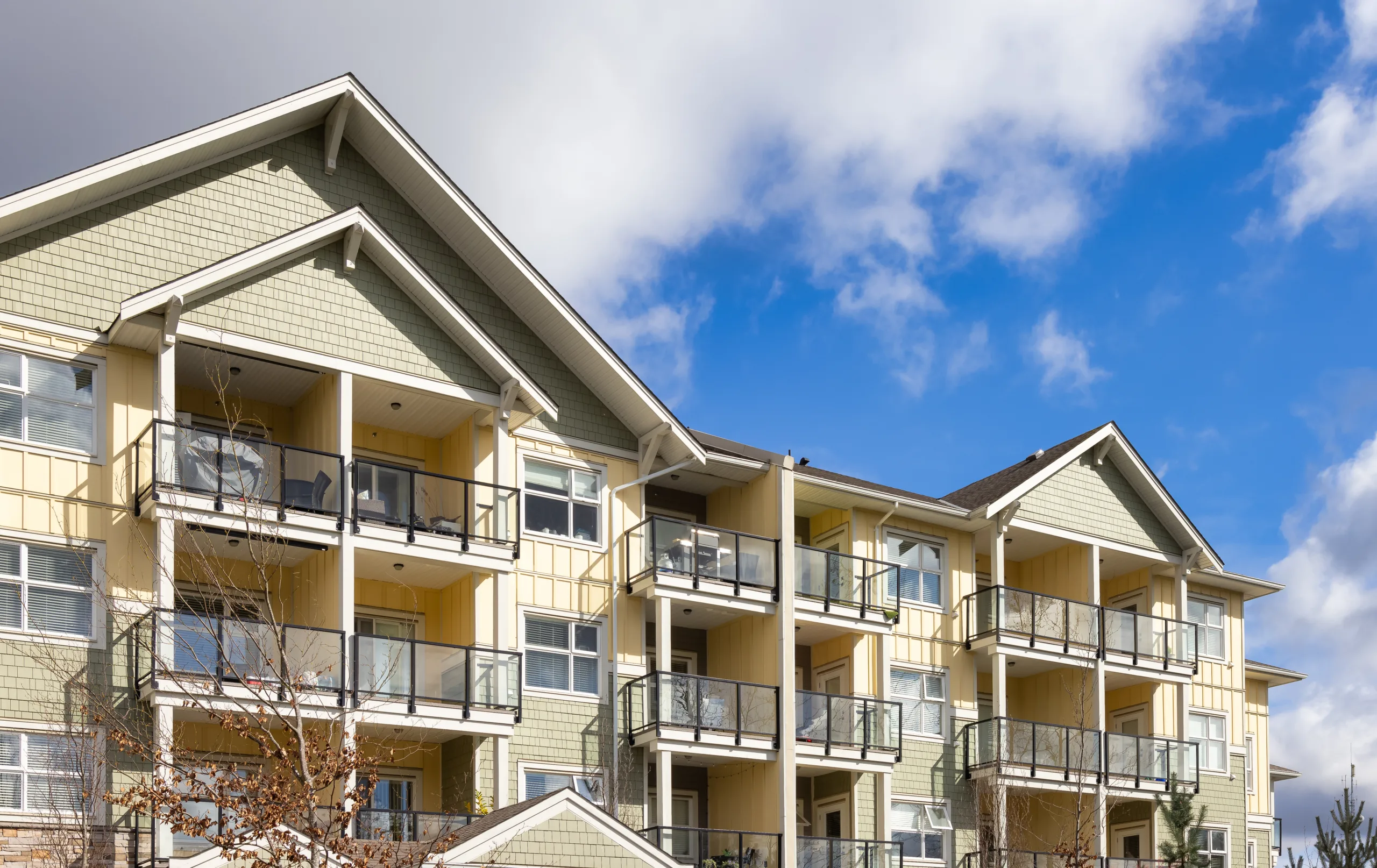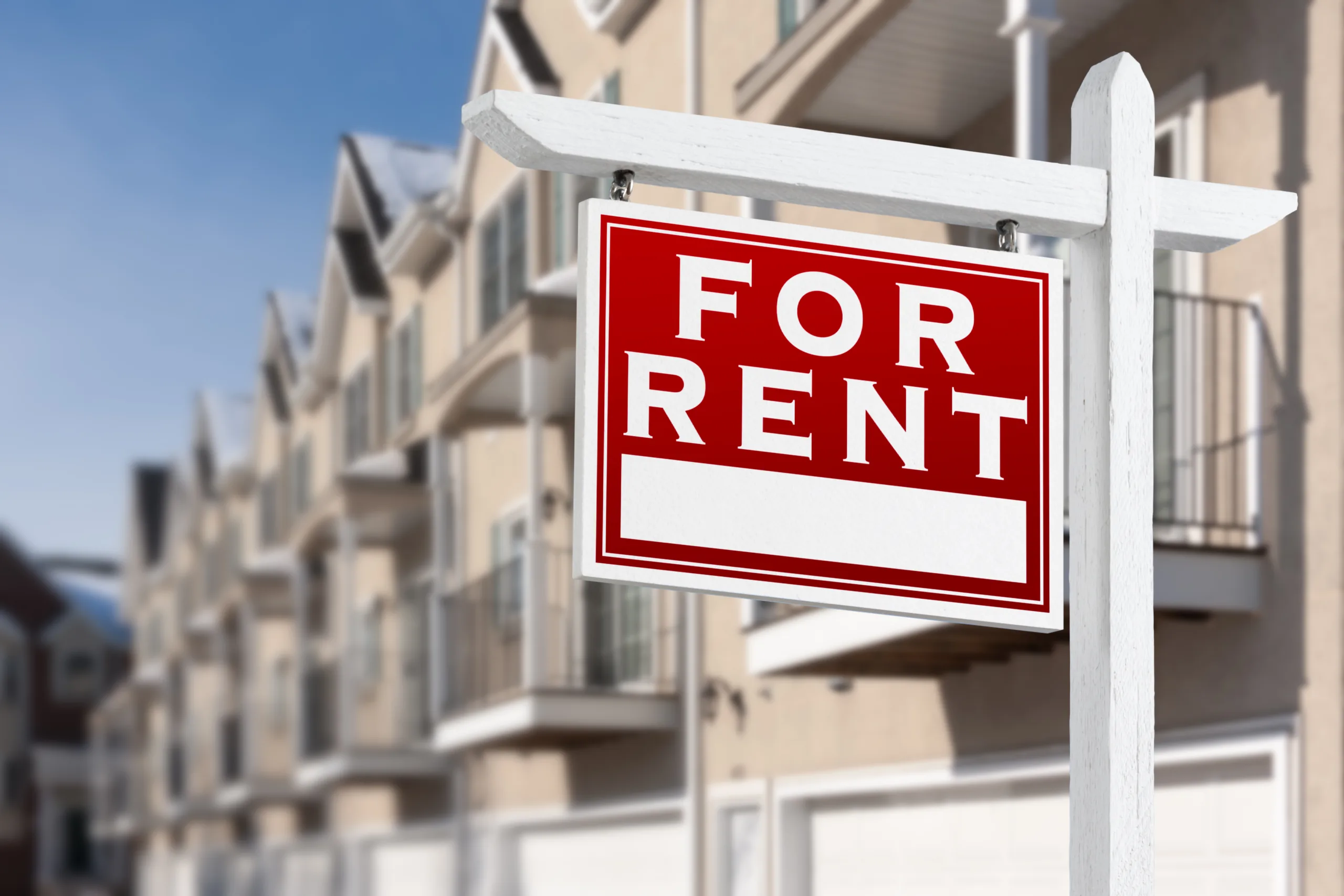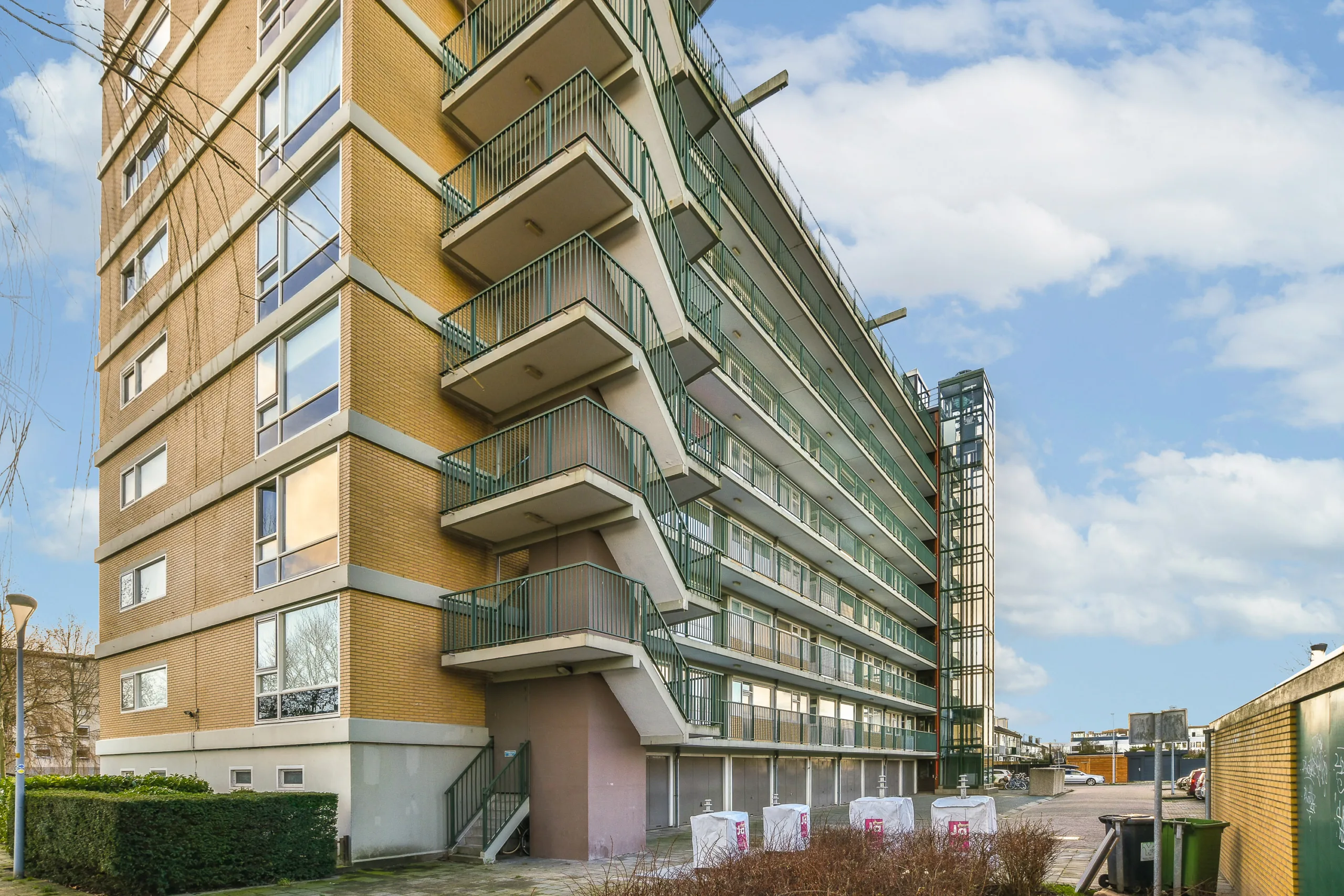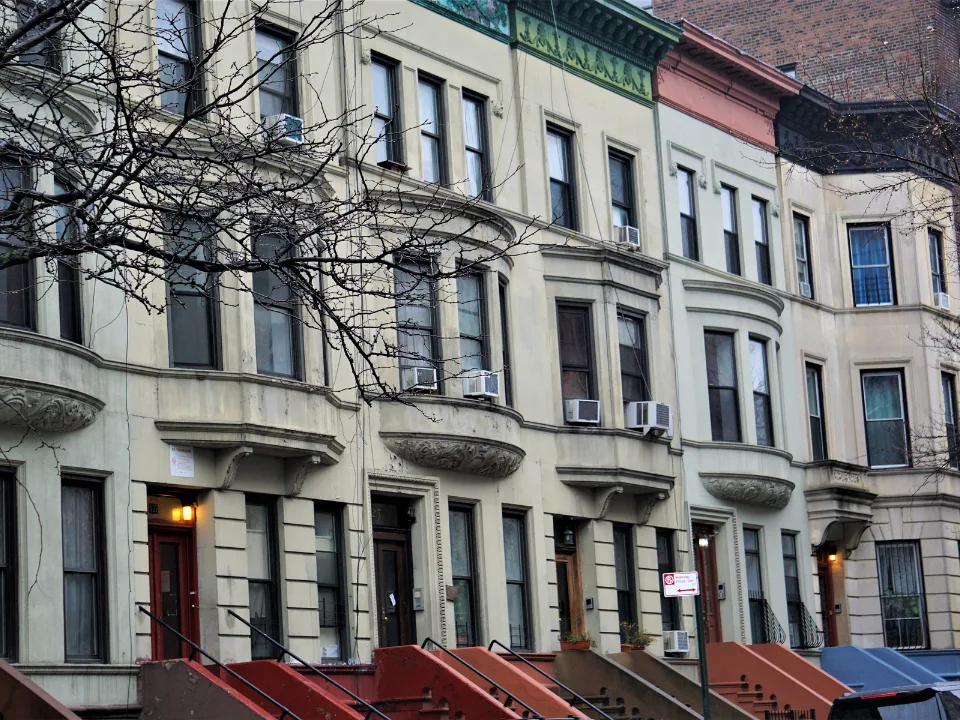- Fannie Mae and Freddie Mac each received a $88B loan cap for 2026, up 20% from 2025.
- 50% of loan purchases must support mission-driven, affordable housing.
- Workforce housing loans remain exempt from the cap and can count as mission-driven based on affordability.
- FHFA may raise the cap if market demand grows but will not reduce it if conditions weaken.
FHFA Bumps Up 2026 Loan Cap by $30B
The FHFA announced it will allow Fannie Mae and Freddie Mac to buy up to $88B in multifamily loans each in 2026. That’s a $30B increase from the 2025 cap of $146B combined. The change aligns with growing expectations for stronger lending activity and lower interest rates.
Mortgage Bankers Association CEO Bob Broeksmit said the higher limit reflects market trends. “Strong loan maturities and falling rates will likely boost multifamily lending next year,” he noted.
Affordable Housing Remains a Core Priority
FHFA continues to push its mission-driven lending goals. At least half of each GSE’s loan purchases must support housing for low- and moderate-income renters.
Qualifying properties include:
- Units restricted to households earning 80% of area median income (AMI) or less
- Properties backed by LIHTC or Section 8 contracts
- Rural and manufactured housing communities
FHFA uses these standards to ensure more homes stay affordable in underserved areas.
Get Smarter about what matters in CRE
Stay ahead of trends in commercial real estate with CRE Daily – the free newsletter delivering everything you need to start your day in just 5-minutes
Workforce Housing Stays Outside the Cap
Just like in 2025, FHFA will exclude workforce housing loans from the 2026 cap. This category, added in 2023, supports properties near jobs, schools, and hospitals that maintain lower rents.
The share of each loan that counts as mission-driven depends on how many units are restricted:
- 50% of loan amount if restricted units make up less than 50%
- 100% of loan amount if restricted units make up half or more
The goal is to help working families find housing near their jobs while keeping rent levels steady.
Why This Matters
FHFA wants to keep Fannie Mae and Freddie Mac active in the market. By raising the cap and keeping mission-driven goals in place, the agency aims to boost rental housing supply for lower-income families.
Recent changes in GSE oversight and leadership may also play a role in how effectively these goals are carried out across both agencies.
It also promised to raise the cap again if needed, but won’t lower it—even if the market shrinks. That move gives lenders more confidence when planning deals.
Looking Ahead
With interest rates expected to drop in 2026, multifamily lending may pick up. The higher loan cap lets Fannie Mae and Freddie Mac support that growth.
The focus on affordable and workforce housing also means more support for communities that need it most. Developers and borrowers looking to finance these projects will find the GSEs ready to help.


















